The cast of Party Time includes John Simm, Celia Imrie, Ron Cook, Gary Kemp and other celebrities. They play a crew of posh thickos at a champagne party who chat away about private members’ clubs and adulterous affairs. In the background we hear of a ‘round-up’ involving the arrest and perhaps the murder of the government’s political foes. This is a short play with little spectacle, movement or psychological depth. Once the party-goers have been introduced, the script glazes over entirely. The actors form a line at the front of the stage, like glammed-up waxworks, and take turns at injecting their speeches with irony and humour in the hope of prompting laughs from their fans in the stalls. It’s more a talent competition than a play. And a clear winner emerges: Celia Imrie.
Pinter is making the rather obvious point that the intelligence services in a mature society are not open to the same level of scrutiny as a food inspectorate or a vehicle licensing authority. He does this by likening Britain to a kleptocracy where Bollinger-glugging toffs hang around in gilded mansions while undercover cops execute dissidents with impunity in hidden torture cells. It’s a point of view. But the script dates from 1991 when Britain’s security services were focusing on the IRA, who not only murdered civilians in the UK but also gloated publicly about their crimes, as if expecting a round of applause. To pretend that John Major’s Britain was indistinguishable from tsarist Russia is a facile self-indulgence rather than a serious study of political corruption.
The second half of the evening, Celebration, is another trifle with almost the same set-up. A group of chums meet, flirt and exchange gossip in an upmarket location. This time they’re in a swanky restaurant and the characters are rich cockneys rather than posh dimwits. The director, Jamie Lloyd, uses the same group of actors, which causes some confusion. At first the play seems to pick up where Party Time left off with the guests having moved to a five-star bistro where they amuse each other with impersonations of Essex loudmouths. But no, this is a new script, with different characters, and no accretion of political comment. It’s pure Mike Leigh. The audience is expected to enjoy these caricatures of lower-class chatterboxes with lots of money but no education. Like the rest, I chortled merrily away because I’ve been groomed to imagine myself superior to the dropped-aitch community. The only Pinteresque character in this silly peepshow is the insane waiter (well played by Abraham Popoola) who interrupts the diners with recollections of his forebears and their intimate friendships with celebrated authors from the 20th century. Both these plays are OK. Skip them and you miss little.
Anomaly is a topical drama about a monstrous Weinstein-like film producer, Phillip Preston. His three daughters, Poppy, Penny and Piper, have always turned a blind eye to his wife-beating, starlet-impregnating, nanny-molesting ways. But when Preston is arrested for attempting to murder their mother, they’re forced to confront the truth. His billion-dollar company is driven to the edge of collapse and the daughters are threatened with ruin.
The best thing in Liv Warden’s play are the likeable and well-sketched young women. Polly, the sarcastic coke fiend, Penny the fretting film goddess, Piper the alpha-female business wizard. But the play is overburdened with plot strands, including a revenge-porn video and an accusation of incestuous rape. Not all the details are credible. When Preston is arrested, he receives a public message of support from his friend, the prime minister. In reality No. 10 would remain silent about an unresolved criminal investigation. And Preston is unlikely to qualify for bail while being investigated for child rape. When the buxom Penny appears on a chat show, she’s asked by the host if her boobs are made of silicon. She thrusts the suspect udders forward and says: ‘Feel them.’ Such an exchange seems unthinkable in today’s prudish moral universe.
The writer makes use of eight unseen characters who talk to the daughters in prerecorded speeches. This is a weird blunder. The script was developed on ‘writing courses’ at both the Arcola and the National Theatre. These bodies set a very high value on their expertise and yet their script doctors failed to warn the playwright that mixing live action with taped dialogue is clumsy and very distracting. The daughters meet only briefly when they’re tricked by a shock jock into appearing together on a radio show. They object to this hoax and yet they facilitate it by continuing to talk to each other on-air. Why don’t they just hang up?
Liv Warden is a talent to watch but she deserves better guidance. And she neglects to give the monstrous Preston a day of reckoning with the daughters whose lives he has wrecked. He gets off scot-free. That can’t be right.
Got something to add? Join the discussion and comment below.
Get 10 issues for just $10
Subscribe to The Spectator Australia today for the next 10 magazine issues, plus full online access, for just $10.
You might disagree with half of it, but you’ll enjoy reading all of it. Try your first month for free, then just $2 a week for the remainder of your first year.

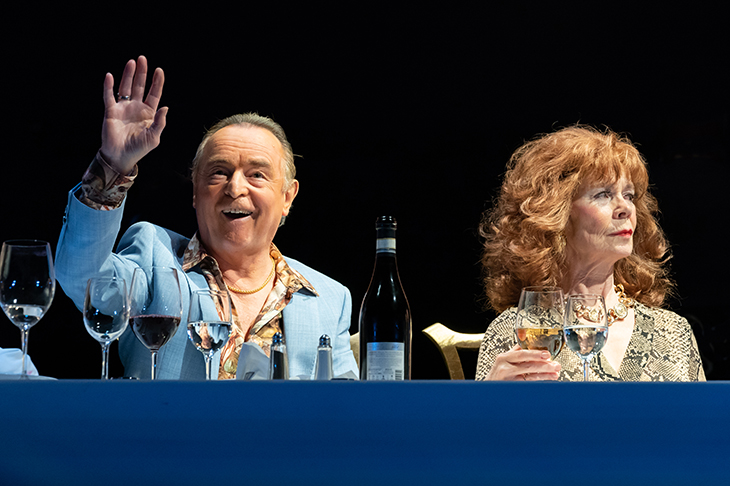
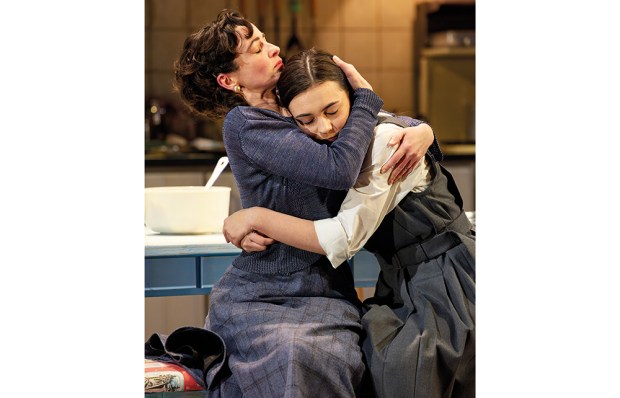

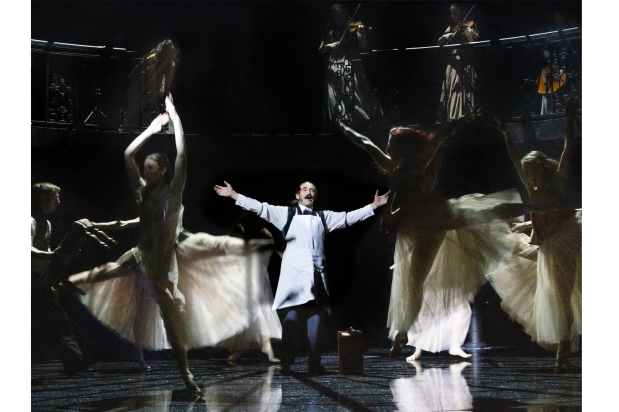
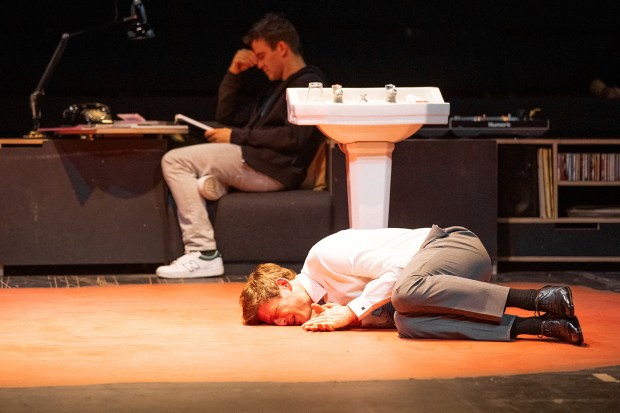
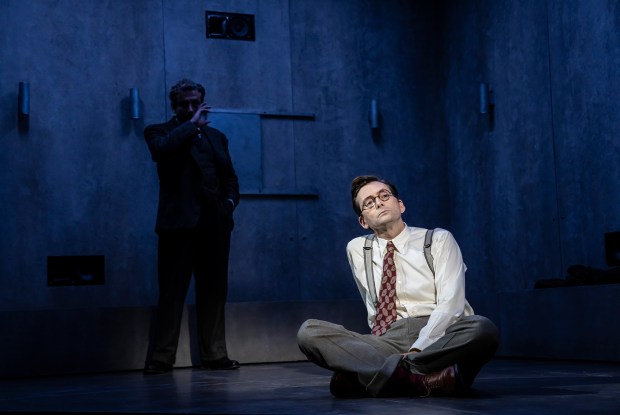







Comments
Don't miss out
Join the conversation with other Spectator Australia readers. Subscribe to leave a comment.
SUBSCRIBEAlready a subscriber? Log in